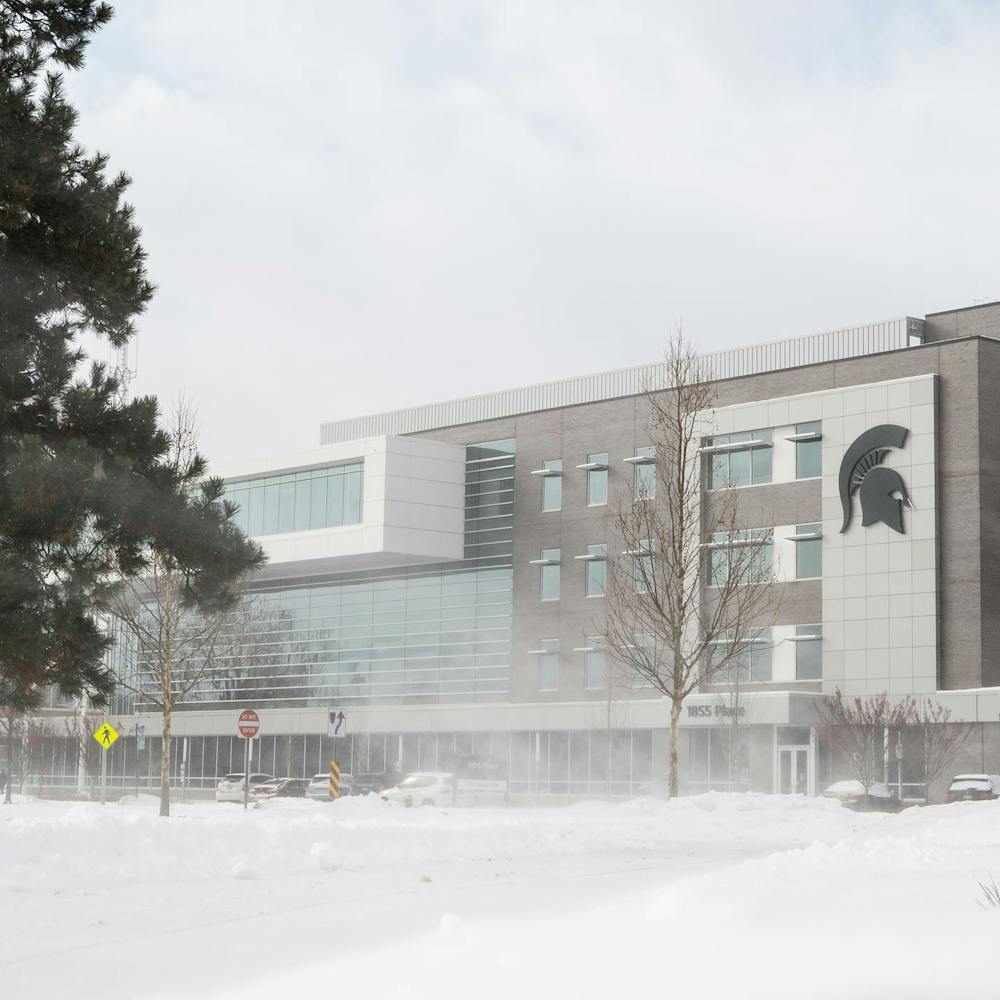If universities do not take critical steps to reduce emissions, they could potentially see enrollment numbers decline. A recent survey by the Princeton Review found that 75% of prospective students say a school’s commitment to environmental sustainability would impact their decision to attend.
Some steps that Michigan State University has already taken to reduce emissions include a revised energy plan to conserve energy and reduce its environmental impact. In 2009, to keep up with constant technology changes on the growing campus, the university created an Energy Transition Plan (ETP) — consisting of a proposal to convert Michigan State’s campus to eventually rely 100% on renewable energy.
In 1966, the T.B. Simon Power Plant powered on burning coal to generate fuel, providing the campus with electricity, heat and steam. In 2016, the plant switched entirely to natural gas, which decreased carbon dioxide emissions annually by about 32.4%.
“We started planning years in advance. So, when I came to the power plant in 2013, there were already many steps made,” said Nathan Verhanovitz, performance engineer at MSU. “All of campus had come together for a plan of how they foresaw the energy systems well into the future in terms of greenhouse gas reduction and other efficiency type activities.”
According to Verhanovitz, one of the plant’s largest boilers in terms of annual production was already exclusively using natural gas; and the campus was already on a trend for using natural gas to lower greenhouse emissions.
While moving towards renewable energy was already set into the plan, there was still an ongoing devotion of time and money that MSU provided to support the project
“We spent a lot of our maintenance dollars and time on the coal system for years, and the gas was always a backup,” said Rick Johnson, electrical engineer at MSU.
With the conversion to natural gas and solar carports, Michigan State plans to introduce two new additions by this year: a Reciprocating Internal Combustion Engine (R.I.C.E.) Plant and an Auxiliary Boiler. The R.I.C.E. units will produce electricity directly from the combustion of natural gas without requiring the co-production of steam and will allow the plant to respond more flexibly to campus demands for steam and electricity, according to MSU’s infrastructure and planning website.
Any conservation that can be done to reduce power use means less power that has to be generated, less power that is generated means fewer emissions. Minimal emissions benefit the environment, and everybody benefits from an improved environment, explained Sherri Jett, Michigan State’s director of utilities.
“It made sense to invest in the R.I.C.E. engine as our 'new car' because that allows us to generate electricity, pure electricity, because we know the students on campus need more electricity,” Jett said. “There’s a real connection between emissions and air quality and environments.”
Students and professors can also pitch in on reducing MSU’s environmental footprint along with the upcoming projects. According to Jett, turning off a light switch or unplugging things not being used on campus can save energy. If people can make minor adjustments at the university, that can make the most significant impact, Jett added.
Advertising Creative sophomore Abbey Niedermier encourages students to be as eco-friendly as possible.
“I try to walk a lot of places, or like ride a bike, or take a bus that’s already running,” Niedermier said. “Make sure you don’t leave the water running, turn it off when you’re shaving your legs or brushing your teeth. Just make little changes to make sure that we are being more energy-efficient.”
Support student media!
Please consider donating to The State News and help fund the future of journalism.
Discussion
Share and discuss “ Michigan State continues to 'go green' with several energy projects” on social media.







